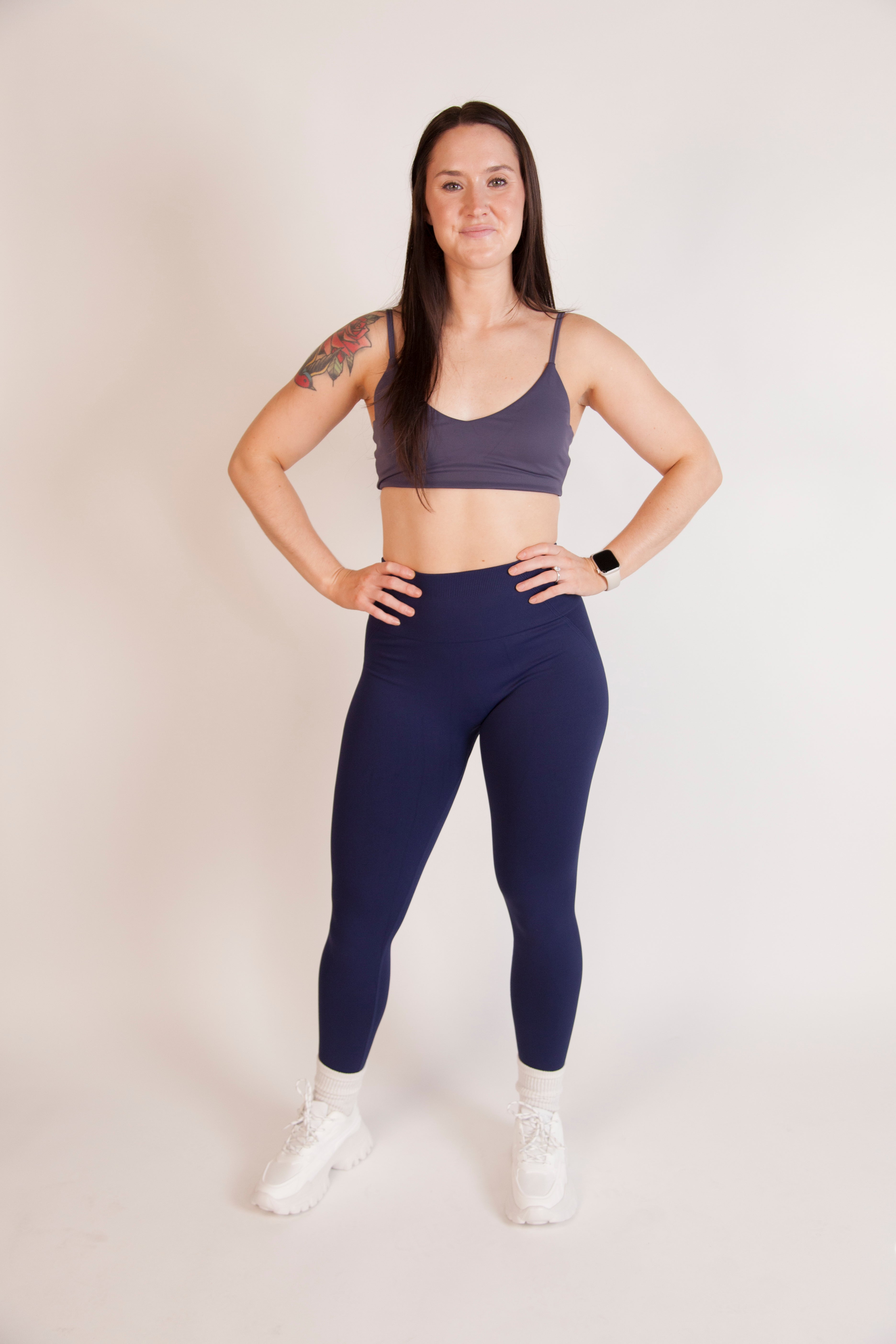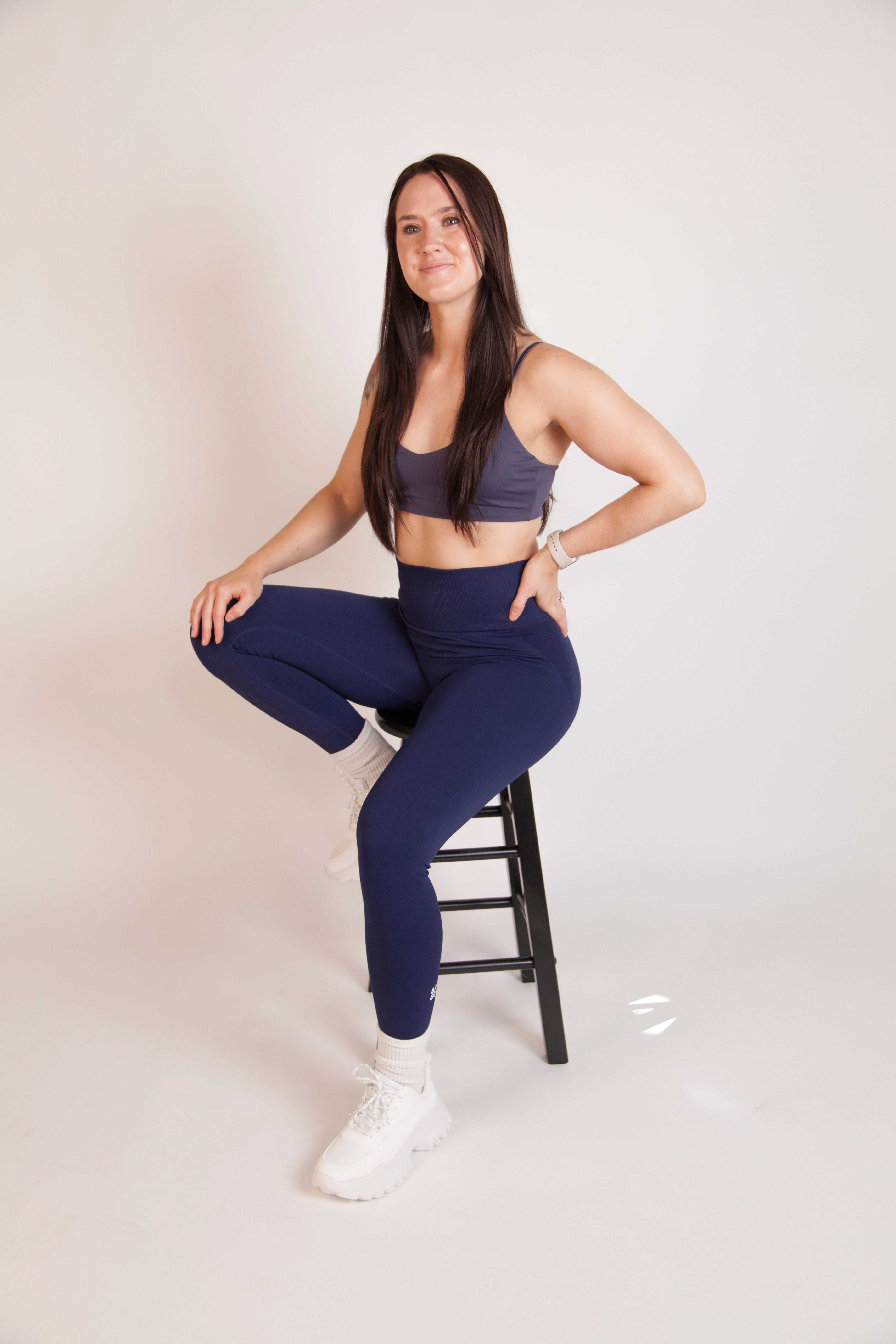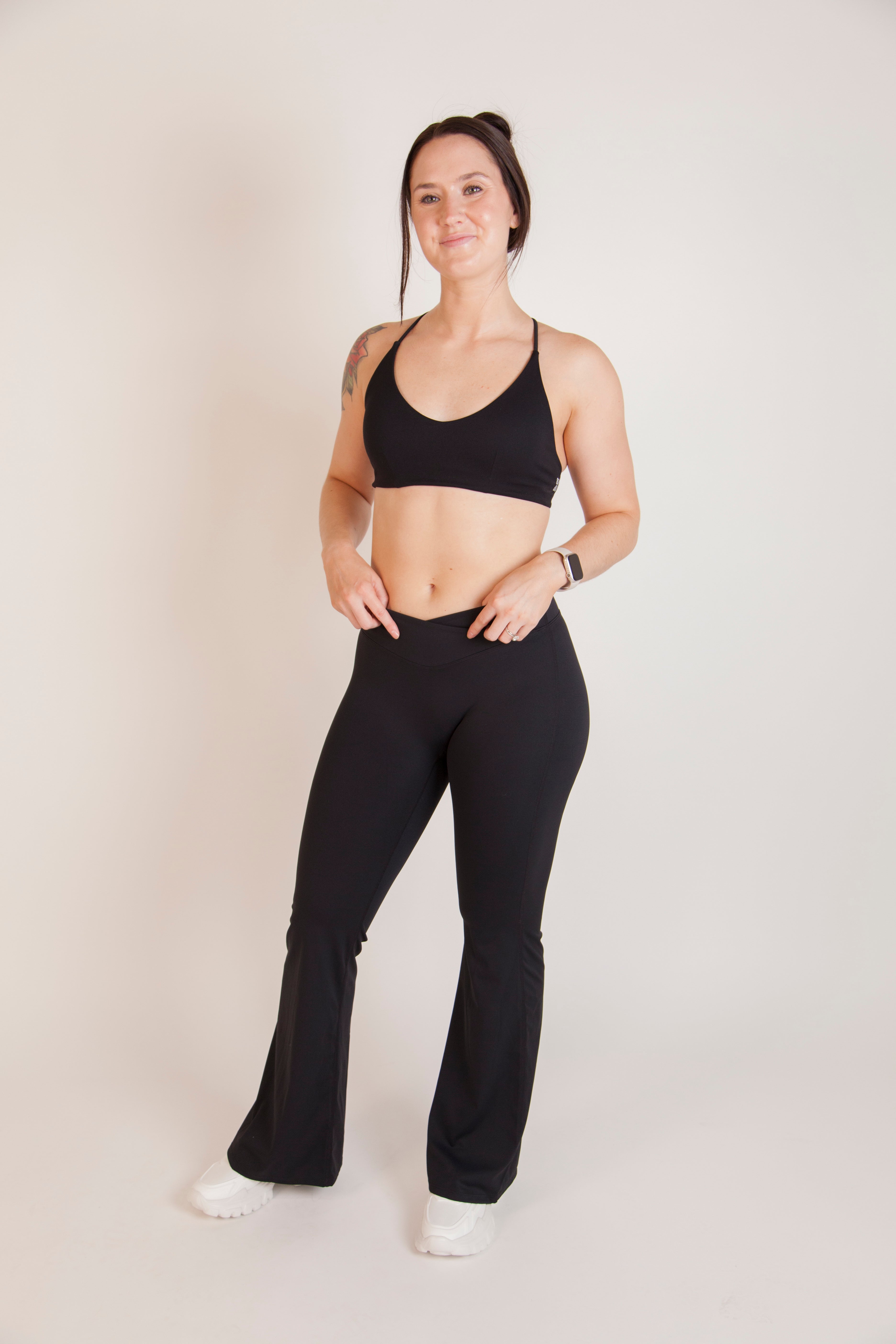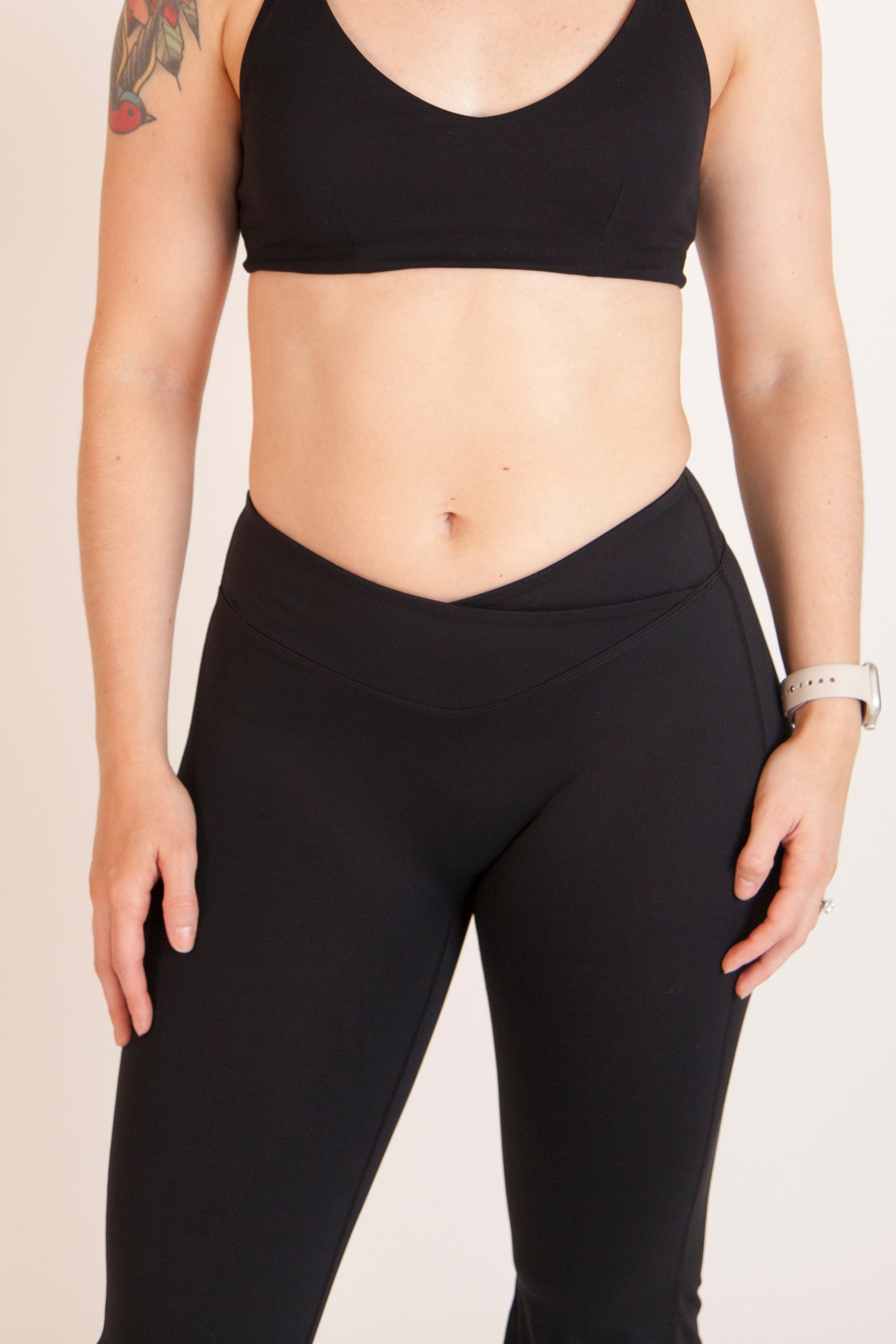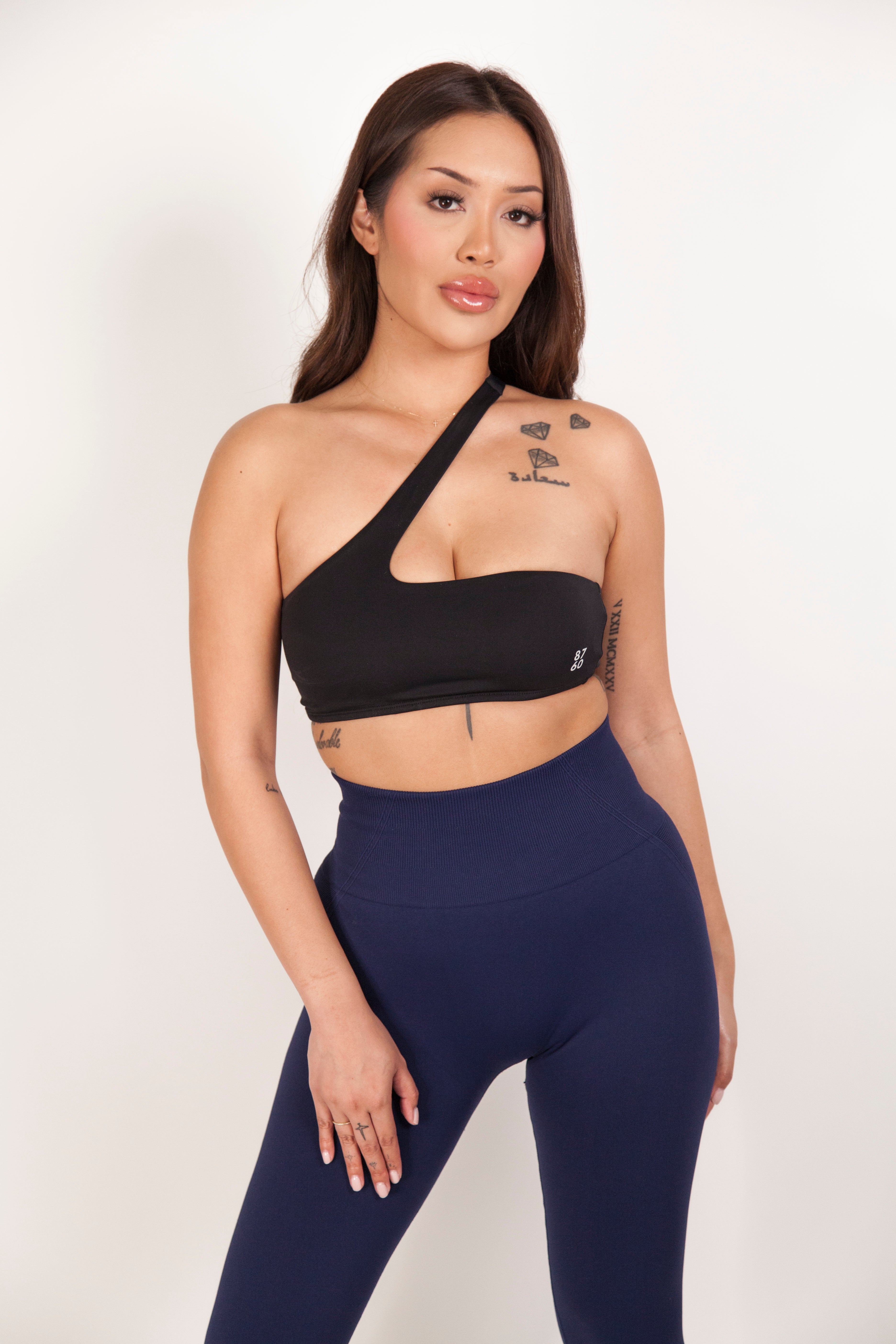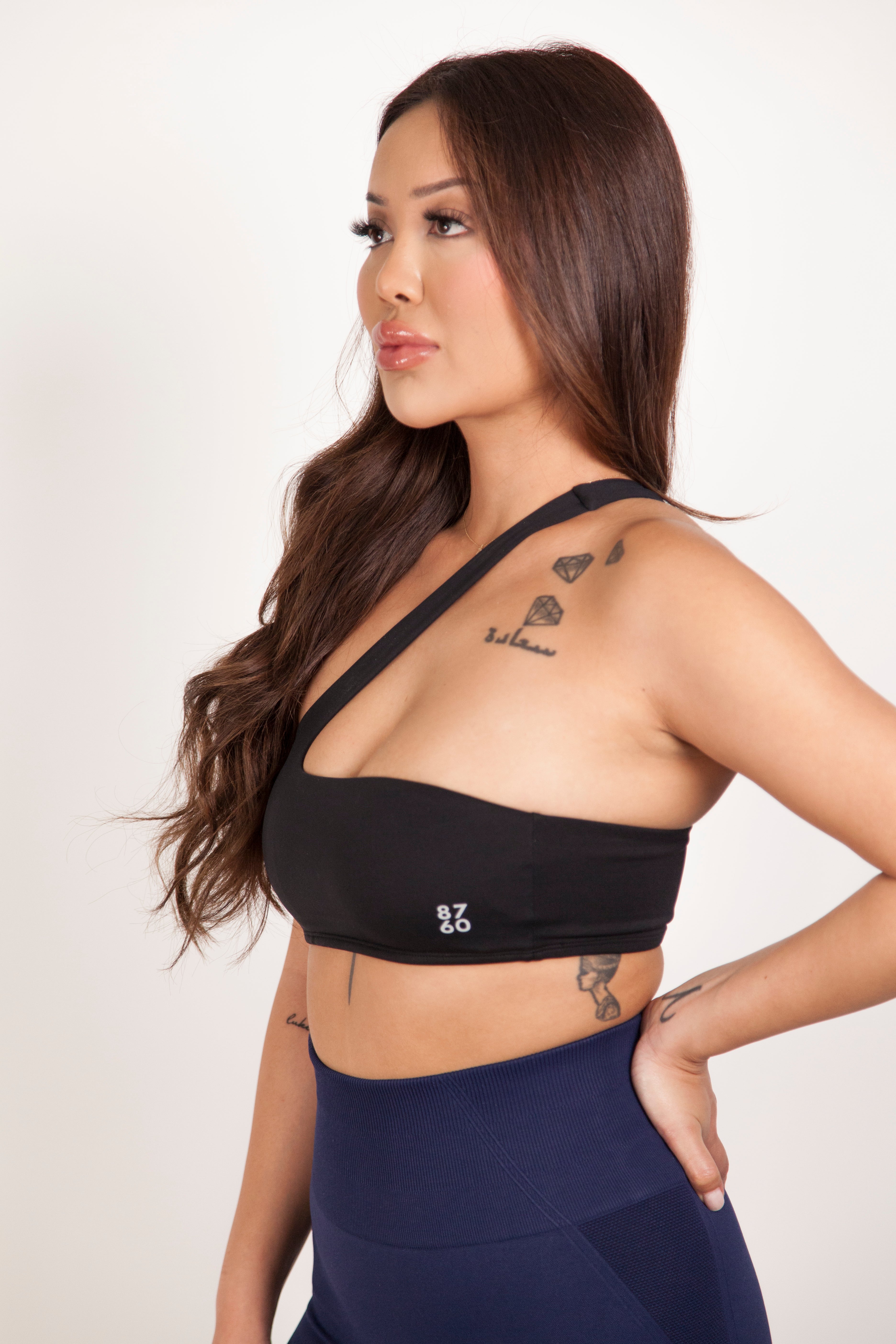What “Made in the USA” Doesn’t Always Mean
When you see a “Made in the USA” label stitched into a piece of clothing, it’s easy to assume that every part of that garment, from the fabric to the final seam, was created ethically and domestically. But the truth is a little more complicated...
At 8760, we value transparency, not just in how we run our brand, but in how we empower you to shop more intentionally. And that means looking beyond the label.
1. The Loophole in the Label
According to U.S. regulations, a product can be labeled “Made in the USA" if it is substantially transformed within the country. Even if most of its components are sourced elsewhere. That means the fabric, zippers, thread, and trims may have originated overseas, sometimes under exploitative labor conditions or in unregulated environments.
In practice, a brand can import cheap fabric from abroad, cut and sew it in California or New York, and still market it as “Made in the USA.” So although at face value, it seems like you're buying into an ethical product, there could have been unethical practices involved in creating its components.
2. Imported Materials, Unseen Labor
The problem isn’t just geographical. It’s ethical. Many countries that export textiles to the U.S. do so using low wage labor and unsustainable manufacturing practices. Workers, often women and children, are underpaid and overworked in facilities with poor safety standards.
So while the final stitch may happen in the U.S., the garment’s journey often begins in places where ethical oversight is minimal. And that raises an important question: Can we truly call something ethical or sustainable if part of its supply chain is hidden in the shadows?
3. Sourcing Matters Just as Much as Sewing
When it comes to activewear, this issue becomes even more layered. Performance fabrics like nylon, spandex, and polyester are rarely made in the U.S. due to infrastructure and cost limitations. Most of these technical textiles are imported, and not all suppliers meet the environmental or labor standards conscious consumers expect.
That’s why at 8760, we look at the full picture: who made it, how it was made, where it was sourced, and what it says about our values.
What We’re Doing Differently
We’re not perfect, but we’re transparent. At 8760, we partner with manufacturers who are upfront about their practices, whether they’re located in Los Angeles or Seoul. We trace our fabrics. We ask hard questions. And we only work with facilities that prioritize fair wages, safe working conditions, and responsible sourcing.
We believe that intentionality goes beyond buzzwords. It’s about holding ourselves, and the industry, to a higher standard.
